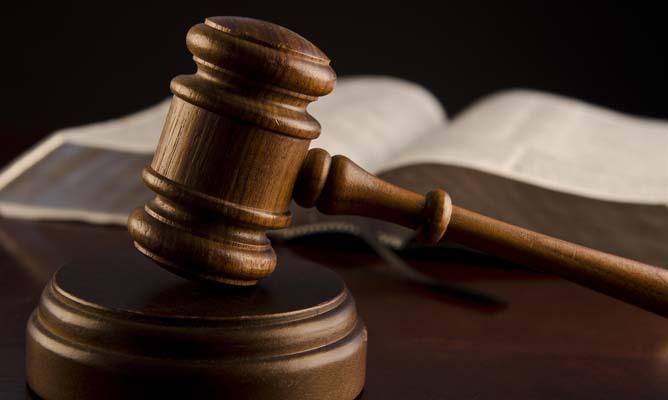Other than the alleged invalidity of the environmental authorisation, 'everybody [is] acting as if the three pipes carrying millions of litres of fuel a day do not exist'.

The Gauteng roads and transport department is under fire for allegedly issuing a tender to build a road on top of Transnet petrol pipelines.
The site of the proposed road is behind the Total Petro Port service station on the N3 road, between Heidelberg and Alberton in Ekurhuleni.
Lawyers acting on behalf of environmental activists have sent a letter to the department demanding construction be halted pending a review application challenging the validity of the environmental authorisation for the road.
In the letter, addressed to the department’s chief director, Freeman Masuku, the activists demand the department undertakes not to start the construction pending “the finalisation of legal proceedings to be instituted …against [the department] for an order reviewing and setting aside the environmental authorisation soonest”.
The lawyers threatened to bring an urgent application to interdict the department from starting building the road if such an undertaking was not received by the activists’ lawyers by the end of January.
Other than the alleged invalidity of the environmental authorisation, at the heart of the activists’ concerns is that public consultation did not comply with prescribed requirements and that the issue of the petroleum pipelines had not been dealt with.
“It is a huge hazard which can, if damaged during construction, literally explode, causing a fire the likes of which has not yet been seen in Gauteng,” the letter from WP Steyn Attorneys warned.
According to the environmental activists and local property development company NT55 Investments’ director Francois Nortje, the tender document for the construction of the road did not contain a plan showing the position of the Transnet fuel pipelines.
Nortje said Transnet Pipelines had not issued any instructions on how to protect the pipelines and that the environment impact assessment (EIA) process had ignored the pipelines.
“Everybody [is] acting as if the three pipes carrying millions of litres of fuel a day do not exist. What will happen if these pipes are ruptured? They are not deep underground,” Nortje added.
The lawyers claimed that the environmental authorisation granted by the Gauteng department of agriculture and rural development was invalid because the project emanates from the department of roads and transport.
Their argument is that the department of agriculture and rural development had “a massive conflict of interest and is seen to be partial and biased” in making the decision.
The activists submitted that the environmental application should have been considered by and decided upon by the national minister of environmental affairs. They also argued that the public participation process in relation to the environmental authorisation for the construction of the road was invalid in that the Lesedi Authority, into whose jurisdiction the road would extend, was not given a chance to comment on the scoping report.
The activists also claimed the department of agriculture and rural development could not determine whether the public consultation process was properly implemented or not.
Also of concern to the interested parties was that the water licence for the construction did not list all waterlogged properties that would be affected by the proposed road.
Department of roads and transport spokesperson Theo Nkonki and Transnet Pipelines communications manager Saret Knoetze have not responded to questions on the matter, despite having several weeks to do so.
For more news your way, download The Citizen’s app for iOS and Android.






